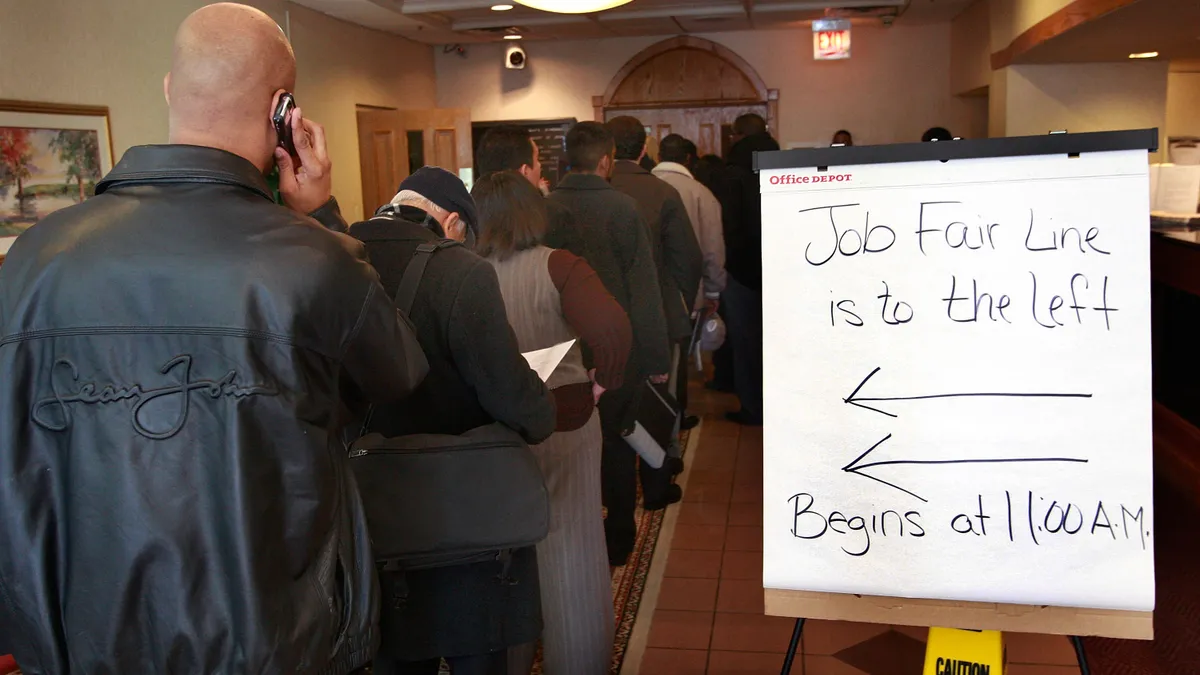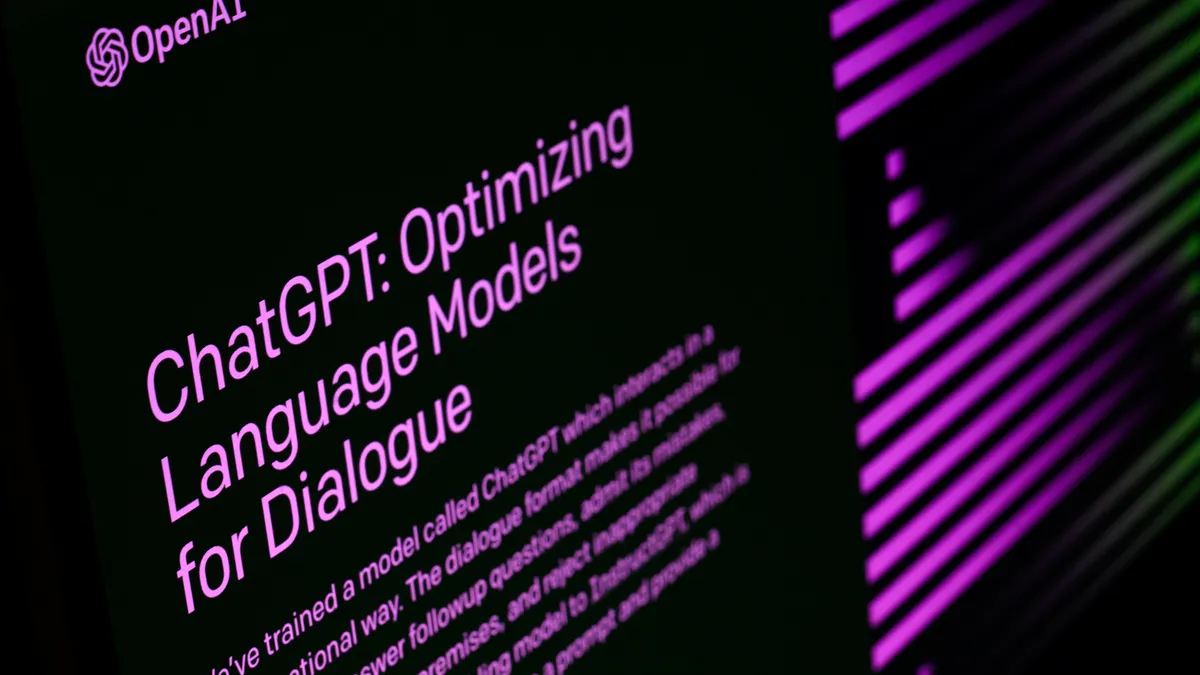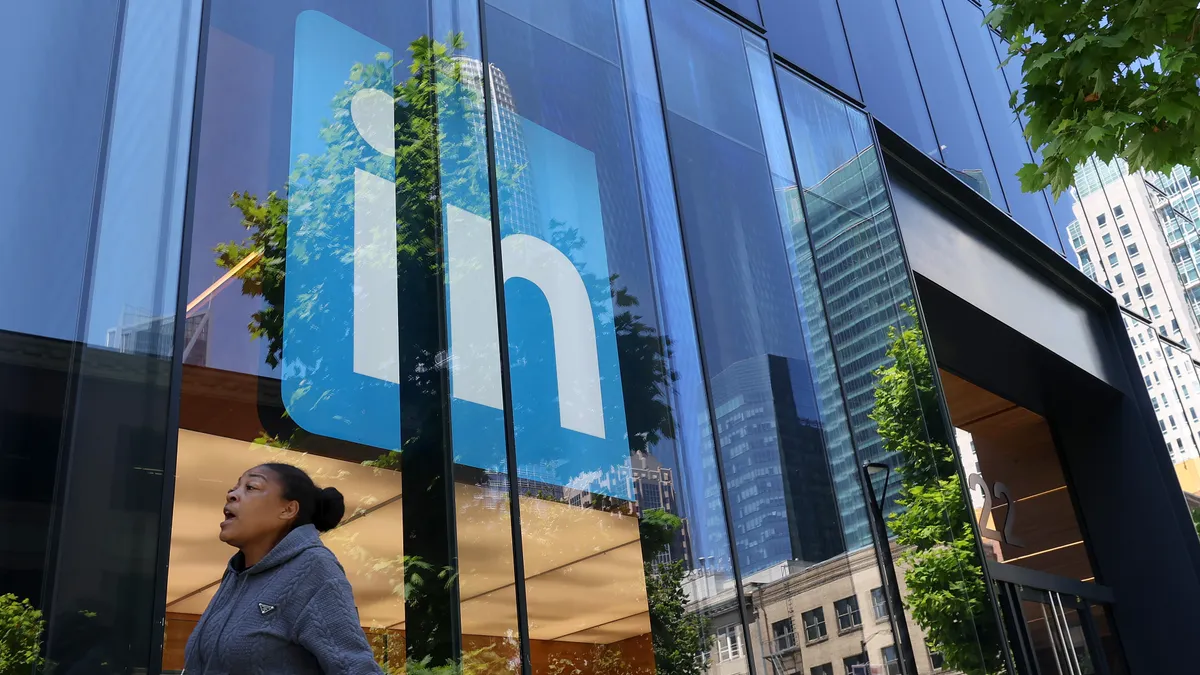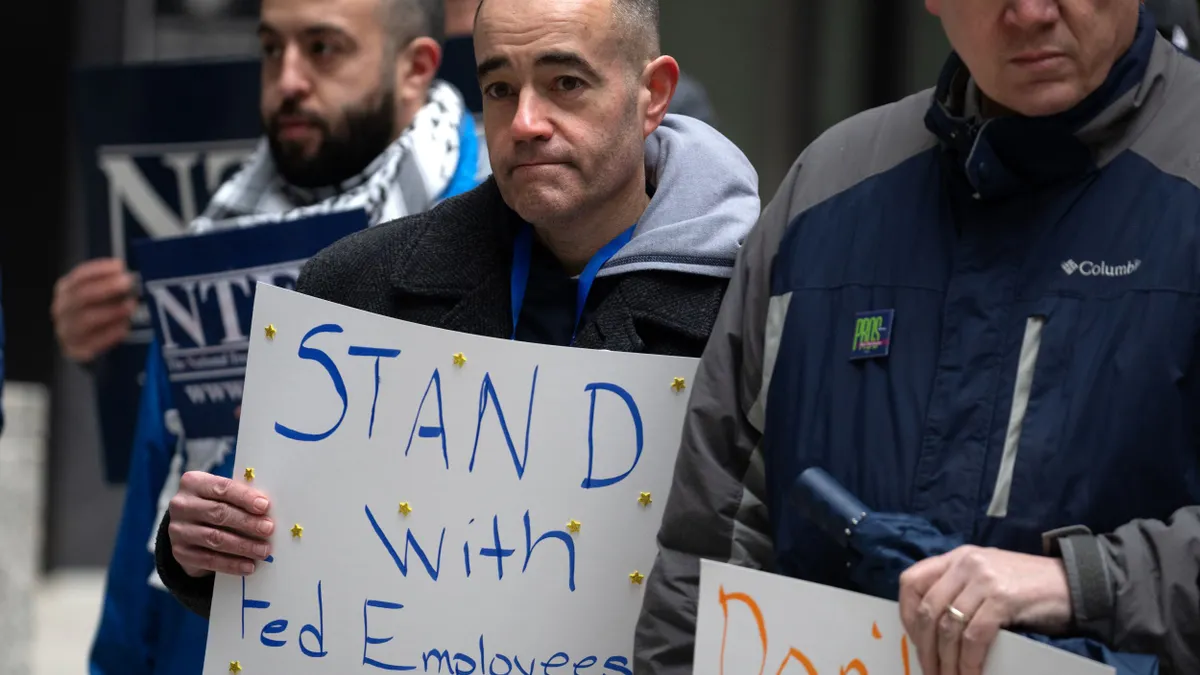The pandemic has changed life and business. It's changed the way we bring ourselves to the work we do, and it's even changed who we feel we can be at work.
In a way, just like people, a business may approach a new year with a sense of new resolution and adventure. What does a company want to be about? What message does it want to send? This goes to the heart of organizational posture, dubbed "company culture."
HR Dive asked professionals in talent and DEI spaces to unpack this industry phraseology, "company culture," and "culture fit," often paired in conversations. As these leaders suggest, they can be confusing and sometimes loaded terms that should prompt a pause for deeper thought and questions.
Jason Greer
Jason Greer is founder and president of Greer Consulting, Inc., a labor management and employee relations consulting firm. His expertise have been recognized by Forbes, The Wall Street Journal, The Los Angeles Times and others. Greer is a bestselling author of "Bias, Racism & the Brain" and "People Matter Most."
What is company culture?
In a nutshell, my definition of company culture is anything and everything related to the organic human experience, while working in unison to turn a profit.
Company culture is organic, volatile, unpredictable, imperfect, majestic and everything in between. Imagine bringing groups of people from all sorts of backgrounds and experiences together, and the emotional/psychological/spiritual baggage that comes with the human experience, then slapping on titles like accountant, HR, engineer, sales, marketing and operations manager and hoping for productivity, profit and to please shareholders. All of this defies logic.
I believe that company culture is a dynamic, organic process because it is fueled by the collective energies of human beings who are doing their best to get it right while also being painfully aware that they have no idea if the decisions they make today will bear fruit for the company and their respective careers tomorrow.
What is culture fit?
I literally laughed out loud when I thought about the number of conversations I've had with HR professionals and managers who described someone as not being a good "culture fit" for their respective organizations. They were saying, without actually saying, that "employee X" didn't fit their narrow definition of how they should look and act.
Culture fit is all about creating a culture centered around the "in group" philosophy of people who look, act and sound alike. It could be an organization's interest and pursuit of candidates who will look, speak, act and work just like existing managers and employees. This is why so many companies are overwhelmingly white, and have similar academic backgrounds. It's also the reason why diversity efforts in companies and organizations generally miss the mark. In an ideal working world, culture fit would be determined by that person's ability to do the job.
Lily Zheng
Lily Zheng (they/them) is a diversity, equity and inclusion strategist and consultant. Zheng has been interviewed by the New York Times and named a Forbes D&I Trailblazer. Their third book, "DEI Deconstructed: Your No-Nonsense Guide to Doing the Work and Doing it Right," is forthcoming.
What is company culture?
Company culture refers to the unspoken but collectively understood aspects of any workplace, including behavioral norms and expectations, priorities, and assumptions for how those in the organization should think or feel.
What is culture fit?
"Culture fit" is often used by HR professionals to describe the extent to which a candidate or employee has traits or characteristics in line with those promoted by the existing company culture. When those using this term lack awareness regarding their company culture, they may intentionally or unintentionally prioritize "fit" with extraneous criteria — e.g. the racial or gender composition of their company, the connection to prestigious schools or prior workplaces, friendship with existing leadership, etc. — and thus be engaging in discrimination.
[A less problematic example of 'culture fit' in use is]: "our workplace is fast-paced and highly accountable. The ideal candidate feels comfortable delivering on tight timelines and engaging critically with peer feedback."
[A problematic example of 'culture fit' in use is]: "our workplace is fast-paced and highly accountable — not a good fit for women."
Andrew MacAskill
Andrew MacAskill is the founder of Executive Career Jump, whose mission is to end career-based misery, provide career coaching to individuals and consulting to companies. MacAskill was recently named LinkedIn Changemaker for Careers and Unemployment.
What is company culture?
Every company is like its own little planet out there in the business galaxy. And for me, company culture refers to the habits, attitudes and intangibles that create the atmosphere on that planet. It is how companies get things done, how it feels to work there and something that drives decisions and interactions across the ecosystem. It is very important as ultimately culture is the only long-term sustainable competitive advantage.
What is culture fit?
When HR and other leaders talk about culture fit, they are talking about inviting people to work on their planet that won't upset their ecosystem. They want people who can demonstrate that they align with the values and collective behaviors within the business as well as meeting the hard skills requirements of the role. This is a solid approach, but I feel as a business community we are now moving away from culture fit and evolving towards "culture add." This is exciting because this is how we actively seek to recruit diverse individuals who will add something to the team through fresh thinking and perspectives, and that is where innovation and progress comes from.



















